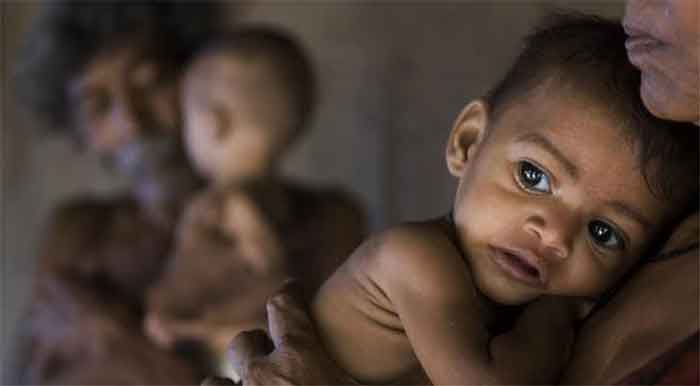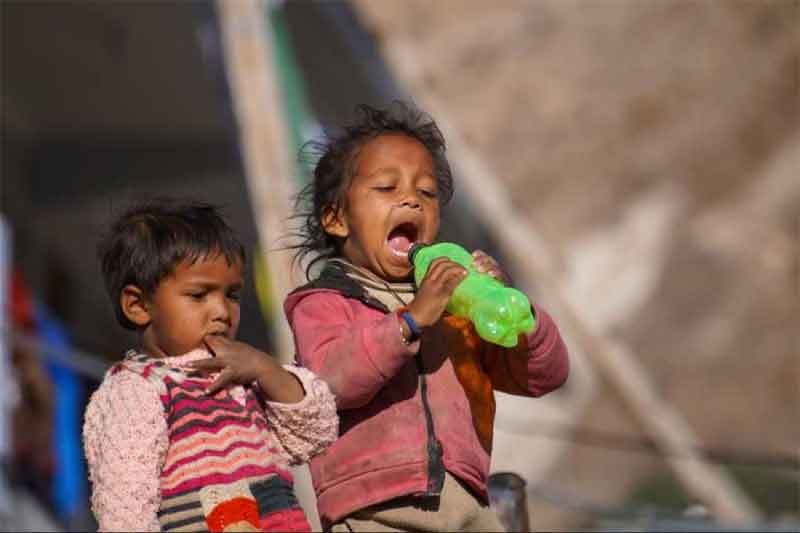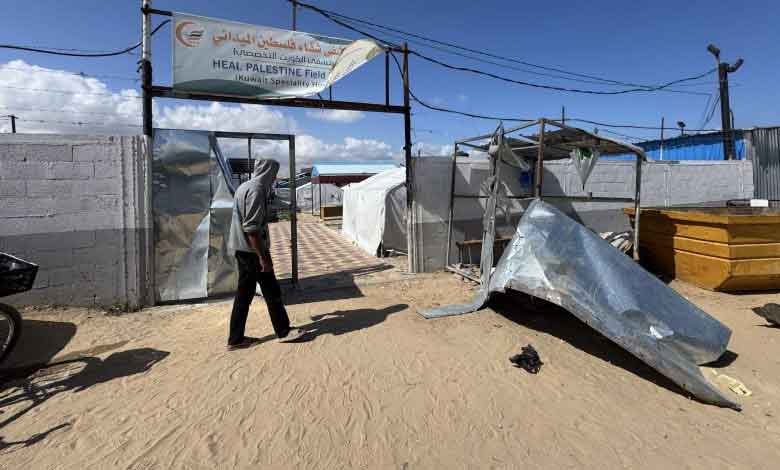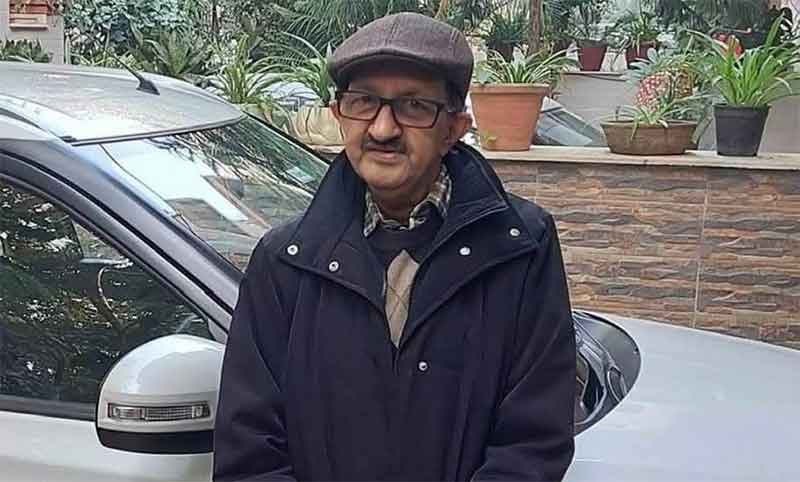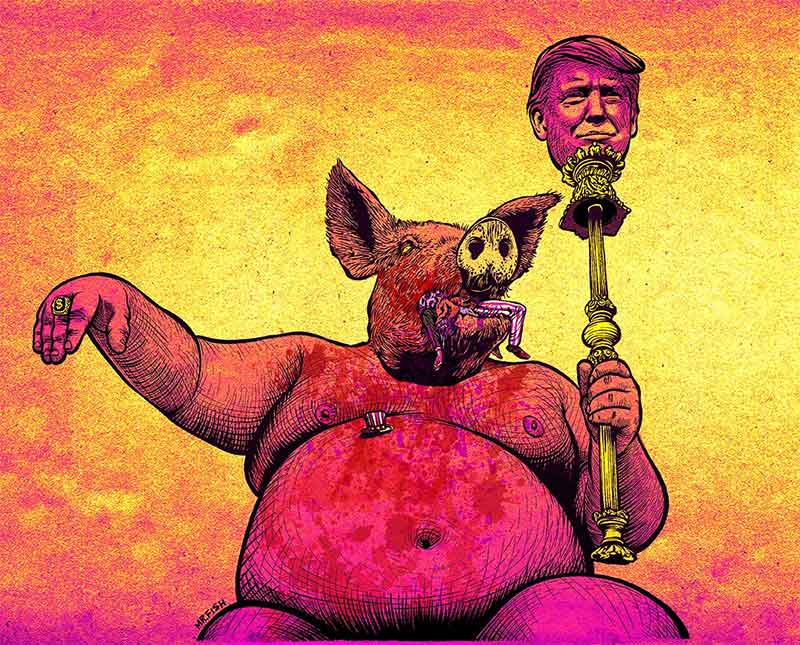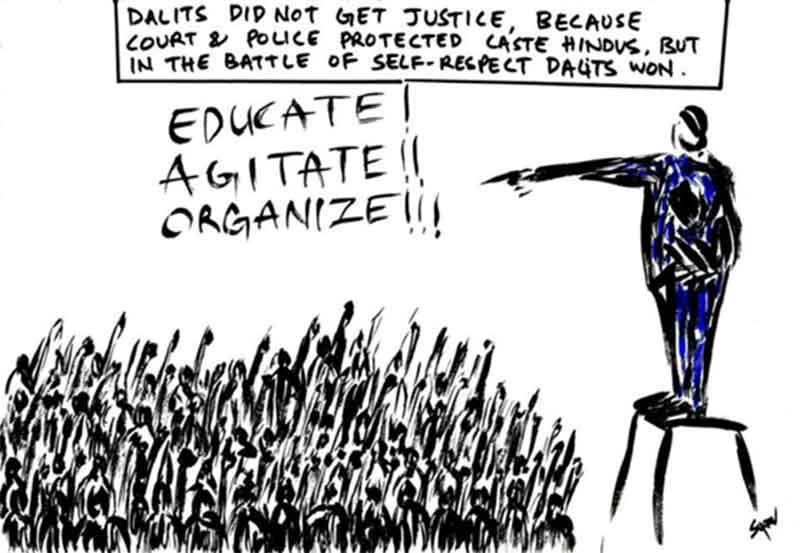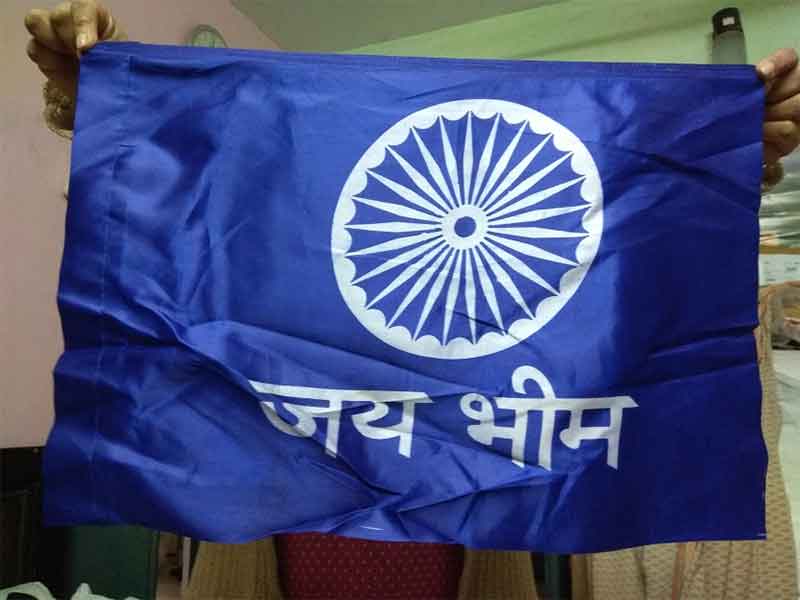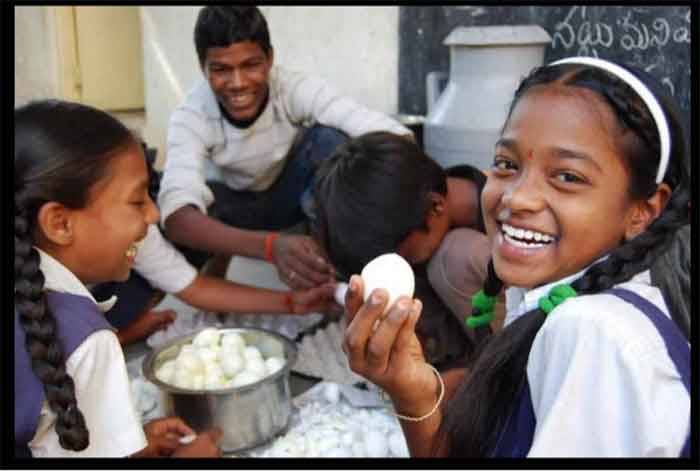
For as long as many of us remember, India has been projected as a ‘vegetarian’ country, when, in reality, only about 20-25% of the population self-identify as this category. Secondly, given that milk and dairy are animal source foods (ASF), a classification based on the terminology ‘veg’ is dodgy and unscientific. Further, identifying as ‘pure veg’ has no real basis or purpose other than sheer casteism. Since the last several years, beef, consumed by approximately 15% Indians or 180 million of them, has become the target of a collaborative hate campaign. Beef-eaters have been treated as inferior, criminal and deserving of mob (in)justice. These behaviours can be overt, covert, subtle or in your face, mostly sanctioned by law.
The vegetarianism of India and the criminalisation of beef eaters has largely been normalised and accepted. What has crept up on the back of these two prejudices and largely unnoticed, has been the way eggs are also being pushed into the category of ‘polluted’ foods. So now we have a situation in the country, where any animal source food (other than dairy) has become triggers for vegetarian fragility and angst.
Criminalising and targeting eggs is a particularly concerning act because it directly violates child rights. Government mid-day meals, by unspoken agreement, do not usually serve meat, chicken, fish etc. to the children. So that takes away access to many nutrient dense foods. Now eggs are also being denied. This means that children, many of them malnourished, will now have no animal source foods in their mid-day meal – a cheap, unhealthy, nutrient poor almost vegan diet. These children are also repeatedly told (indoctrination) that this is the best food for them. That the nutritious foods that they eat at home – the dry fish, the eggs, organ meats, red meats, poultry, fish etc. are unhealthy, cruel and criminal. These children then carry these nutrient poor misconceptions into adulthood and inter-generationally. Those of us who work for human rights, should oppose this ideology led drain on children’s access to nutritious foods.
Concerned about the poor nutrition in the Kalyan Karnataka districts, a study done in 2021-22 by the Karnataka State Rural Development and Panchayati raj university, Gadag showed that 98% children consumed eggs when given as part of the mid-day meal scheme and providing eggs on alternate days increased the weights of children.
The earlier scare about cholesterol in eggs being responsible for heart disease has been disproved and cholesterol is no longer labelled as a nutrient of concern, however many doctors and those planning menus for children continue to vilify eggs, blaming them for several ailments.
Going by the science, eggs are almost a complete food because they have many of the nutrients required by the body in a highly bioavailable (well digested and absorbed by the body) form. One cooked egg of 60 gm contains 8 gm of protein which meets a large proportion of the daily protein requirements of children, and that too of very good quality. Eggs contain all the essential amino acids or protein building blocks that the child needs. Eggs also contain several other nutrients required by the body, especially growing children. Children 1-3 years require around 13 grams protein per day increasing to around 50 gm a day in adolescents and one egg can provide around 8 gm of this. Because children’s bodies are laying down muscle, bone etc. and also developing many of their other tissues, they need more protein per unit weight than adults. The National Institute of Nutrition also recommends ‘egg as a complete food for children’. The advantage of eggs is that it is small in quantity, so it’s easier for children to eat them, including the smaller children. If the child had to obtain the same quality and quantity through plant sources, they would have to eat a large quantity of food, which is difficult even for adults, leave alone children.
India produces a lot of eggs. In fact, it is the third largest producer in the world. But only 1/3 Indian households reportedly consume eggs because of economic barriers. Rural households consume less than 2 eggs a month compared to urban areas which consumes little more than 3 eggs. Randomised controlled trials have showed that when infants between 6-9 months are given one egg per day for 6 months, they show an increase in both height and weight for age compared to a control group of children who were similar in all respects, except consumption of eggs.
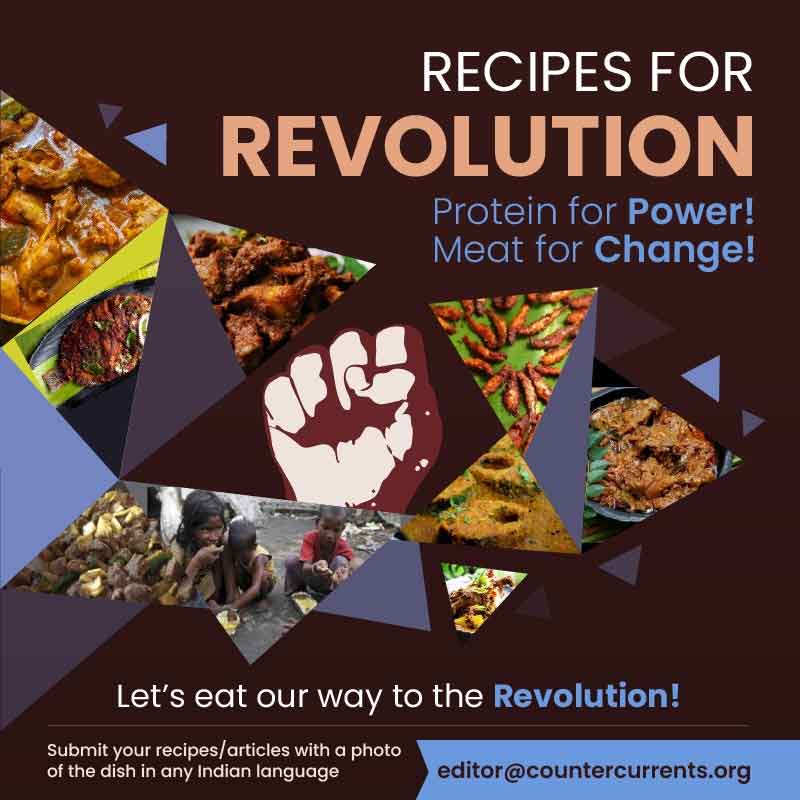
Th Health and well-being position paper reeks of unscientific prejudices
Sadly, there is a collusion between those with caste, religious and political clout to concertedly prevent children being provided eggs in the mid-day meal. A position paper on Health and Well-being put together by a committee, for the National education Policy (NEP) received tremendous criticism. The Chairman of this committee was Dr. K John Vijay Sagar, Professor and Head, Department of Child and Adolescent Psychiatry and members included an ayurveda physician, a yoga therapist, a gymnastic coach etc. A ‘holistic approach to health and well-being’ by this group is nothing more than casteist propaganda with zero allegiance to science or the abysmal nutritional condition of children in the country.
Oils and fats, as well as all animal source foods other than dairy, have received a blanket label of ‘not good’ in this report. Oils and fats are an important food group without which Vitamins A, D, E and K will not be absorbed by the body. Reinforcing the same old boring prejudices, the report states that “Indians natural choice of food is plant based, unlike Western food choice”. Apparently according to Indian ‘philosophy’ or ‘dharma’, if children in a classroom are given foods that are different for each child, it leads to an ‘imbalance in nutrient distribution among children’ and ‘complexes that result in emotional disturbances among friends’. Treating all children equally apparently means that if there are two ‘vegetarian’ children in the class room them the entire classroom should go ‘veg’ out of respect. This is also extrapolated to the country – 20% people identifying as veg has become a basis to demand that the rest go veg in public and sometimes even private spaces. This is devastating to the nutrition of the country because those 20% who choose to be veg are often from better socio-economic groups so they access better veg food. Cheap vegetarianism that is nothing more than cheap cereals and very little else becomes the ‘solidarity’ food that many of the poor are forced to consume.
The report dismisses animal foods as causing interference in hormonal functions, diabetes, early menarche, primary infertility etc. which is apparently aggravated by the ‘small body frame of Indians’. These kinds of false messaging against animal foods is rampant, unchecked and unchallenged – a form of indoctrination that burdens the poor with malnutrition related conditions that have an intergenerational effect. They interchangeable use ‘Indian food culture’ and ‘Indian way of thinking’ to mean sattvik foods. They forget to include the food cultures of a majority of Indians in this artificial, casteist narrative around food.
Akshaya patra foundation – feeding propaganda with every sattvik meal
The Akshaya patra foundation is supposedly an independent charitable trust which is hoping to “solve at scale the overarching societal issues of classroom hunger and malnutrition in the country” by feeding all children sattvik, nutrient poor meals. Taking over the legally mandated government mid-day meal scheme, they provide food to around 2.25 million children in 23,581 government schools and anganwadis in 16 states and 3 union territories across the country. Thus an organisation that criminalises meat, poultry, fish and eggs is imposing its unscientific food prejudices on millions of children across the country. The reason that this is being unquestioningly imposed is because most people in power believe in the same ideology and most of those whose children are in these government schools are unable to raise their voices.
It is the nutrition of children which takes the hit in all of this power hierarchy. These prejudices are reaffirmed by other organisations that have received mid-day meal contracts from the state and push vegetarianism on children who are traditional used to eating eggs and enjoy them. In fact, attendance at school increases on those days that eggs are provided. A group of around 17 organisations in Karnataka have come out to demand that eggs be a part of the mid-day meal.
Claiming to be ‘pure veg’ or sattvik while consuming animal source foods like milk and dairy is hypocrisy at its height, considering meat and milk are all products of the same animal. If the argument for milk and against meat is that the former doesn’t kill the animal and the latter does, then there should be no reason to deny eggs to children because no animal is killed in that process either.
All citizens, irrespective of whether they consume eggs or not, have to join in this struggle to bring in eggs for every day of the week, in government schools. Those centralised organisations that fail to meet these criteria, should be penalised and the contract suspended. In fact their contracts should anyway be suspended and culturally eaten foods should be locally prepared at the school premises. For no reason, should these casteist prejudices around onion, garlic, eggs and other animal source foods, be brought into the school meal. Children should learn about nutrient dense foods both from the foods that they eat at school as well as what is taught to them. Nutrition of children is too crucial to be allowed into the hands of unprincipled, uninformed and unscientific bodies, organisations and institutions.
Dr Sylvia Karpagam is a public health doctor and researcher


